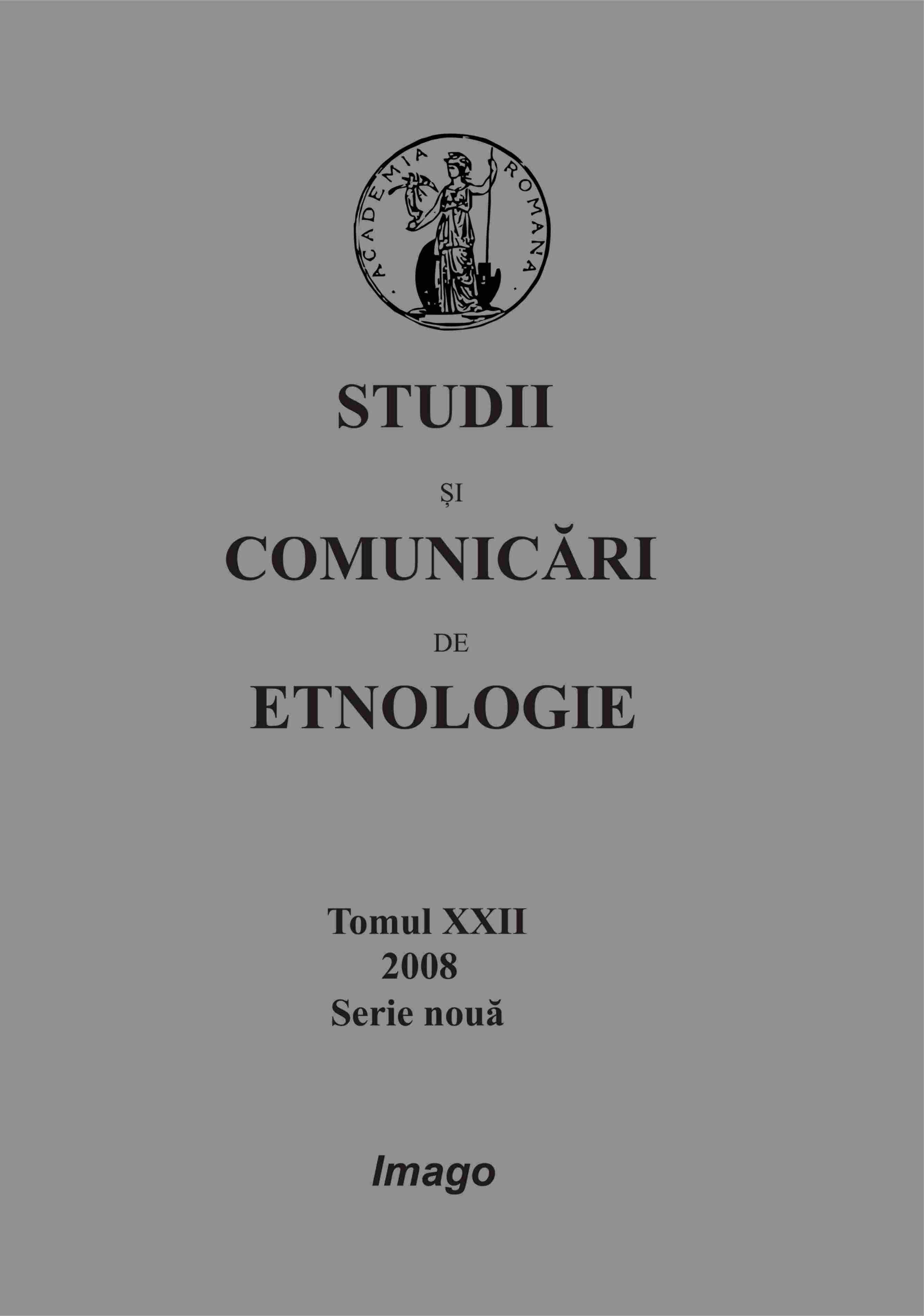Călătoria ca experienţă a multiculturalităţii. Consecinţe etnomuzeologice în Transilvania (II)
Travel and Multiculturalism Traces in and Consequences for the Ethnological Museums in Transylvania (II)
Author(s): Maria BozanSubject(s): Anthropology, Museology & Heritage Studies, Preservation, Applied Sociology
Published by: ASTRA Museum
Keywords: travel; multiculturalism; ethnological museums; Egypt; historical climate;
Summary/Abstract: In 1862, Franz Binder, a Transylvanian Saxon from Sebeş, came back from Sudan, where he lived almost 12 years and where he would return for another two years as an Austrian vice-consul in Khartoum. He brought from his journey in Bahr al-Ghazal, deep in Africa on the White Nile, beautiful collections of ethnographic objects and plants, which he donated to the Transylvanian Society for Natural Sciences from Sibiu. Thus he acted as the founder of the ethnographic collections of non-European origin in Transylvania, in an historical period when the cultural anthropology was not born as a science. He also published in 1862 a series of traveling impressions, which give us much information about his travels in Orient, Egypt and Sudan and help us to understand the historical climate of the time. The following lines – which represent the continuation of the article, published in the last volume (XXI) of the Studies and Communications of Ethnology – analyze that writing, especially for the part concerning the journeys in Levant and Egypt. The author enhances and makes commentaries around those fragments that illustrate the manner in which Franz Binder had the experience of the multiculturalism, the encounter between self and others, by traveling. If the first part of the article referred especially to the aspects that can be described as people living the same reality in the same space and time, this second part analyzes the manner in which the Mediterranean antic and present civilization is perceived by travelers. The article also presents the interest of Franz Binder in the material culture of the region, some of the few objects he collected there, and the way in which they were turned to good account in museums as ethnographic fragments and elements of the universal cultural heritage.
Journal: STUDII ŞI COMUNICĂRI DE ETNOLOGIE
- Issue Year: XXII/2008
- Issue No: 22
- Page Range: 135-144
- Page Count: 10
- Language: Romanian
- Content File-PDF

